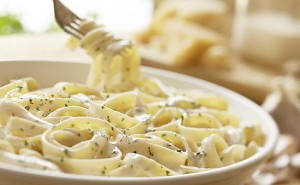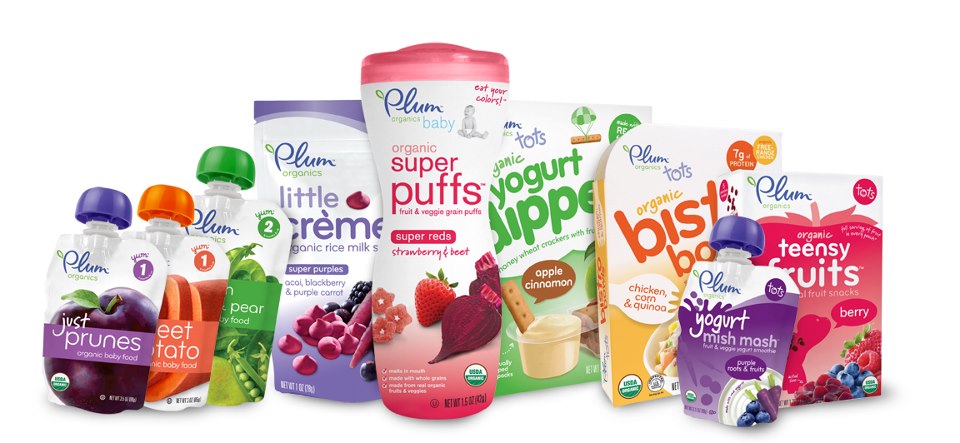According to Emily’s blog post, Canada’s supreme Tim Hortons’ merge with the controversial Burger King has aroused national panic among Canadians. Canadians fight to distinguish themselves from Americans, but can we still do so with our top Canadian brand sold to our infamous neighbour? In response to Emily’s dilemma, Canada Goose is our hopefully our saviour. The internationally acclaimed Canadian brand for winter expedition jackets spearheads its core value, “We stay in Canada because that’s who we are”. Bingo! That is exactly what Canadians beg to hear. The company strongly insists to keep ALL production in Canada. By setting itself afar from the “made in China” or made in (insert third world country)” convention, Canada Goose has identified a highly effective marketing strategy. Alike other consumers, I would instill more trust in a product produced in a first world country – knowing the quality is finer and safer, and the good is produced without unjust labour.
Canada Goose’s robust brand image is exactly what the remaining Canadian companies need to evolve into. Tim Hortons made a mistake, but let’s prevent others from following so. Canadians should be valued, not only among ourselves, but on a greater scale – worldwide. We are exhausted of living under the American shadow. From Eaton to HBC and now Tim Hortons, Canada truly does not need further adoption from the US. It is about time we preserve if not differentiate our identity from America and Canada Goose may be our leader.
Image: Canada Goose Parkas



